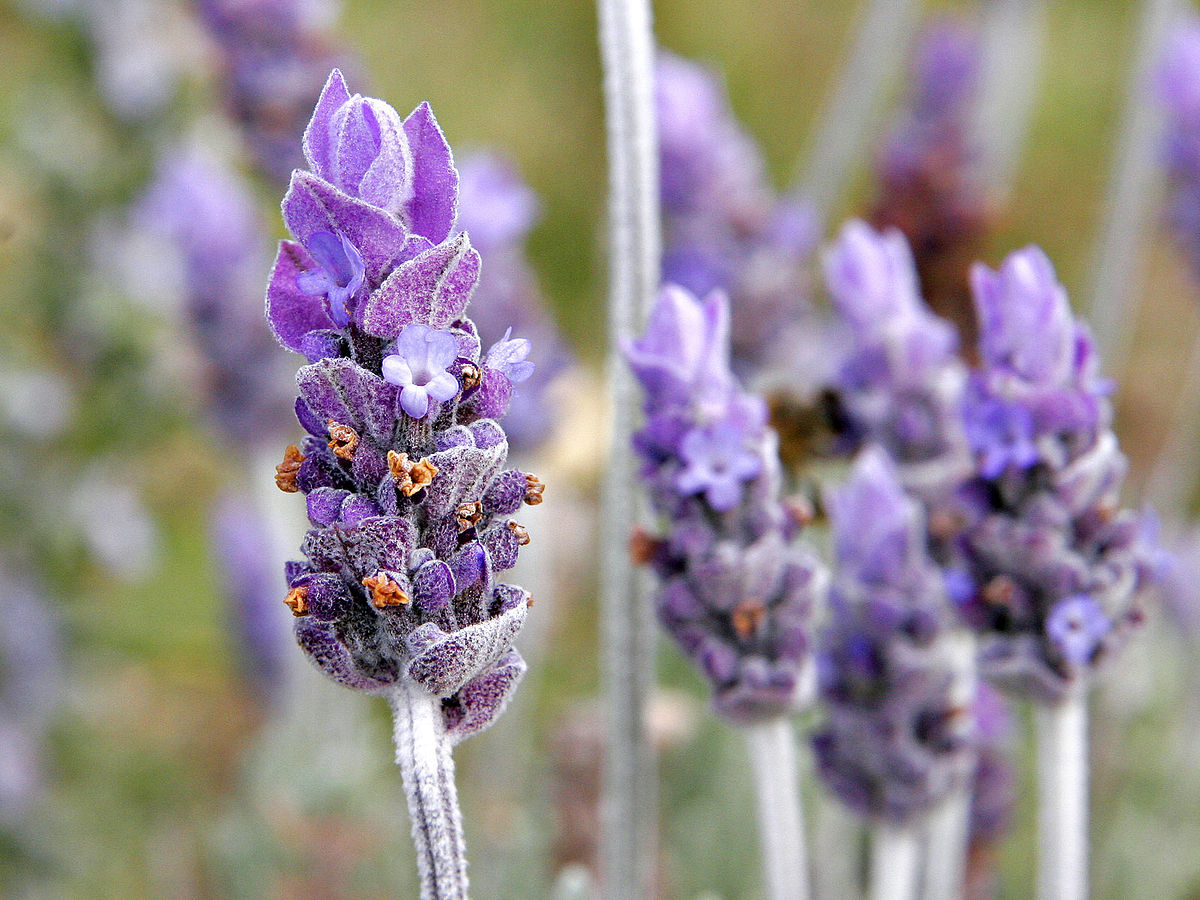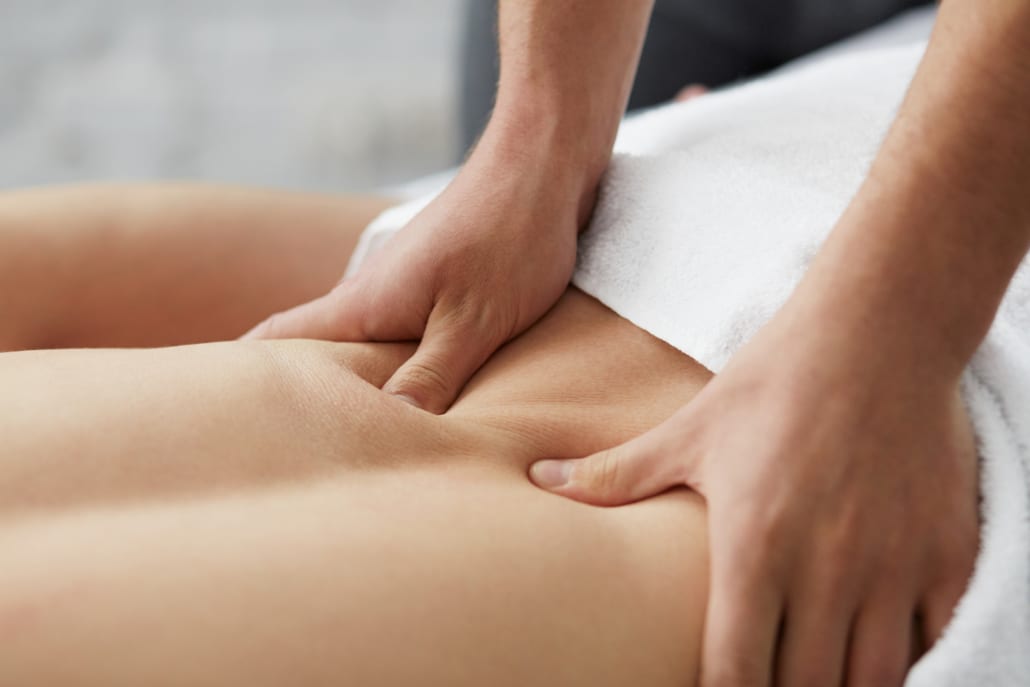Some fragrances will ease you off to sleep, others will help to wake you up in the morning. Some relax you, easing away stress and anxiety. Others are revitalising and will gee you up for that important job interview. Through practise you will soon get to know each plant's individual properties and healing effects.
Follow your nose
Oils that smell very similar often have different effects. Lemon is a stimulant, yet lemongrass is a sedative. Rosemary and peppermint, on the other hand smell nothing alike, but are both excellent for fatigue.
Scent and Association
Smell is the most primitive of our senses, and the one that is most closely linked to our memories and emotions. When we think of our mother's kitchen, or a beautiful day at the seaside, their smells are often the first thing that springs to mind. We can use those memories when choosing aromas to create specific blends.
Fond memories
As scents are linked to your memories now everyone will enjoy the same aromas. Lavender is often considered uplifting but if it reminds you of a crotchety old aunt it is unlikely to relax you.
Luckily, as most conditions can be eased by a number of different oils, there will always be a right one for you

Aromatherapy and Your Body
Some essential oils work better on certain areas of your body than others. A quick and easy way to get the benefits of essential oils is to add a few drops to your usual body lotion or moisturiser and then rub it into the affected area.
The active ingredients of essential oils can ease muscle tension, raise your mood, improve your circulation and clear respiratory problems such as hayfever, stuffy noses and sore throats. By rubbing the diluted oils over or onto the affected area, you can begin to feel their healing effects almost immediately.
To ease hayfever: chamomile, eucalyptus
To relax sore and aching muscles: frankincense, ginger, sweet matjoram, rosemary
To ease stomach/period pains: aniseed, clary sage, juniper, lavender, marjoram
To ease stomach upsets: ginger, mandarin, peppermint
To help oily skin: cypress, lemon, mandarin, tea tree
For hair: cedarwood, cypress, rosemary, tea tree
To ease headaches: eucalyptus, lavender, peppermint, rosemary
To clear a blocked nose: bergamot, eucalyptus, ginger, rosemary
To ease a sore throat: frankincense, jasmine, sandalwood, tea tree
To ease eczema: chamomile, geranium, juniper berry, lavender
To moisturise dry skin: bergamot, chamomile, rose, jasmine, sandalwood, ylang ylang
To improve circulation: juniper berry, geranium, rosemary
Aromatherapy Massage
Combine aromatherapy with massage to get the best out of both natural techniques.

Rubbing healing oils into your skin allows their active ingredients to pass directly into the tissues of the affected area, while healing massage strokes also work to alleviate pain and stiffness, as well as improving circulation.